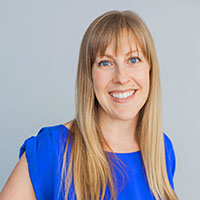
Self-insured vs fully-insured medical plans
Why your employees should know the difference
One of the many many ways that the health insurance market doesn’t act like “real” insurance is through the use of self-insured plans by most large employers. When a plan is self-insured, it means the employer is paying all of the health care costs plus administration costs—not “just” premiums.
Here’s the difference:
If an employer-sponsored plan is fully-insured, the insurance company is ultimately responsible for the health care costs and the employer pays premiums.
If an employer-sponsored plan is self-insured, the employer is ultimately responsible for the health care costs, and pays for all of those costs plus administration fees.
If your plans are self-insured, your employees should know it and they should know why.
Many companies move to self-insured plans once they reach a specific size because it becomes less expensive for them to pay for all of the medical expenses than to pay the premiums required by the insurance company to take on the risk. If this is the case for your company, you should not be shy to communicate that information to your employees. Your employees should know that their company—not the insurance company—is picking up the bill for all of those costs. And, they should know that the insurance carrier is responsible for negotiating rates with in-network providers and processing claims.
The trick in communicating this information is to keep it relevant to individual employees. Don’t overwhelm your employees with mind-numbing figures about how much the company spends on medical costs. Do speak to them honestly about how the medical insurance market works and how small changes—like using generic prescription drugs instead of brand name drugs—do make a difference in the big picture.
Work with Us
We partner with organizations that value their people first. Let’s talk.

Jennifer Benz, SVP Communications Leader, has been on the leading edge of employee benefits for more than 20 years and is an influential voice in the employee benefits industry.
